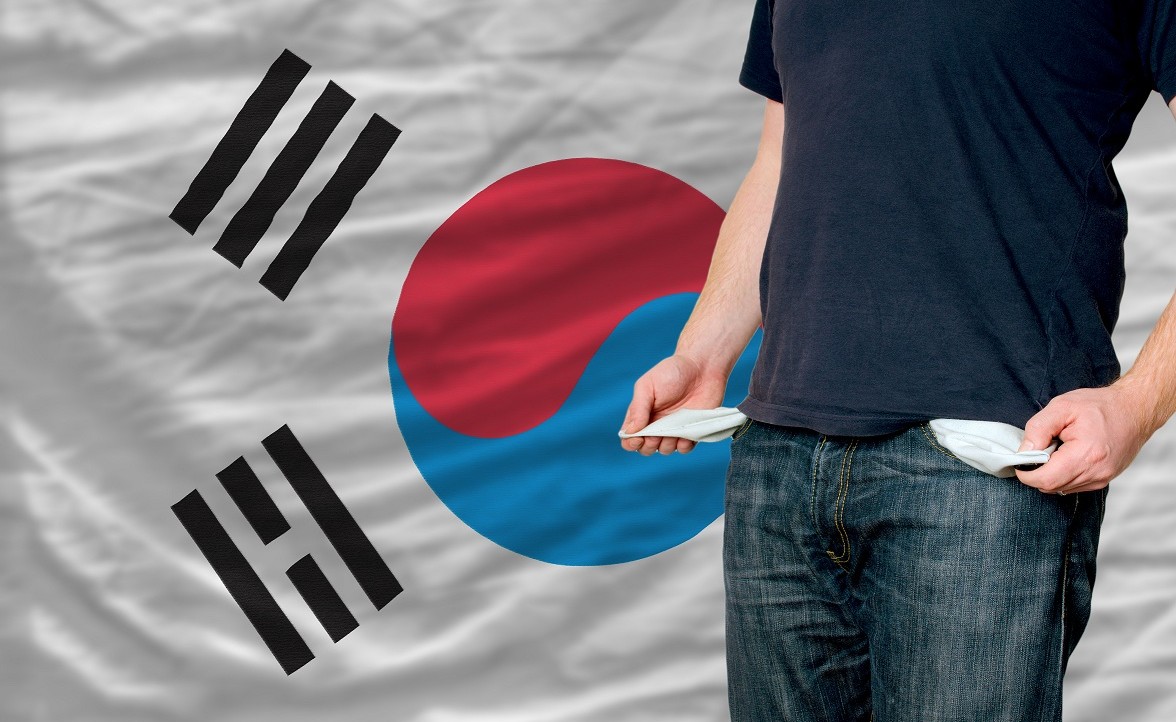Behaviors to adopt in the workplace
Norms to follow
South Korea has a distinct culture and this is reflected in the workplace as well. Things might look different if you’re working with or for foreigners, but in the typical Korean workplace you should be read to respect the following norms.
- No handshakes or hugs: Physical contact should be avoided, especially during a first meeting. In Korea, greetings are done by bowing the head or upper body forward. In general, the higher your counterpart’s position, the deeper the bow should be.
- Punctuality is essential, and cancelling or rescheduling a meeting should be rare and well-justified.
- Avoid prolonged direct eye contact, and always remain modest, especially with superiors. Highlighting your skills or experience too strongly can come off as arrogant, especially if you are young.
- Business cards must be handled with care: Receive them (and give yours) with both hands, take a moment to read them respectfully, then place them on the table in front of you or store them neatly in your wallet. Business cards are considered an extension of the person; never toss them aside or stuff them into your pack pocket.
- Physical appearance matters a great deal in Korea. It’s important to look well-groomed and presentable at work. Men should be clean-shaven, with short or tied-back hair. Ladies should take care to choose appropriate clothing, jewelry, and makeup.
- Smiles can be deceptive: In Korea, smiling doesn’t always mean agreement. They can be used to express happiness, discomfort, or be used to soften a rejection. Learn to interpret the nuance behind a smile.
- Observe colleagues of your age if you’re unsure how to behave, as social norms often vary by age group.
If you have visible tattoos or piercings
In trendy fashion shops or hip cafés and bars, you might see employees with visible tattoos or piercings, but these are exceptions. Visible body modifications are generally not accepted in mainstream Korean workplaces.
In many companies, especially those with client-facing roles or jobs involving children, you’ll be expected to remove piercings and cover tattoos. This shouldn’t prevent you from finding a job, but don’t be surprised if you’re asked to conceal your body modifications.
Gift-giving in the workplace
Gift-giving is common in Korean professional settings, especially to mark important milestones (contract signings, promotions) or traditional holidays like chuseok or seollal.
If you’re working in or with a Korean company, giving a small gift from your home country can be a great icebreaker and help make a good impression.
Gifts should be chosen thoughtfully, nicely wrapped, and presented with both hands.
Their value often corresponds to hierarchy: something symbolic for a colleague, something more refined for a superior.
If you work in a Korean company, you might also give small gifts to your colleagues when you sign your contract or during major Korean holidays to maintain good relationships. Ask a Korean colleague for advice on what’s appropriate.
Social life and work in Korea: hoesik
In Korea, work and colleagues play a major role in daily life. Employees are expected to engage in the company’s social life, even outside of working hours.
These social gatherings are called hoesik (회식), which are essentially after-work events with all your colleagues, including your bosses. Alcohol consumption is often a big part of these events and can occasionally get out of hand.
Participating in hoesik is seen as a key part of fitting into the workplace culture, building trust, and strengthening team dynamics.












 Français
Français English
English




0 comments
{{like.username}}
Loading...
Load more